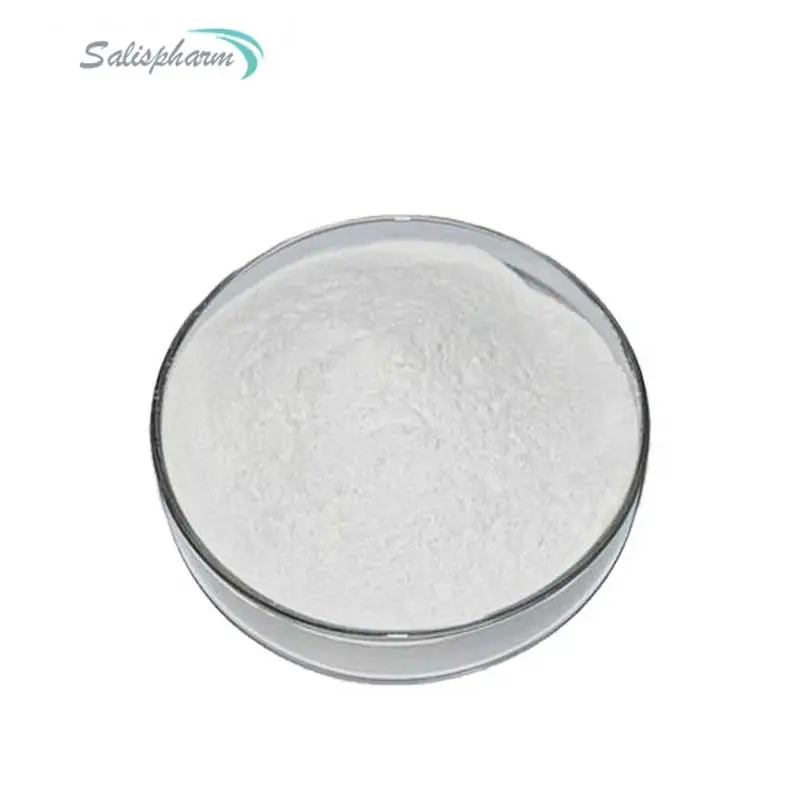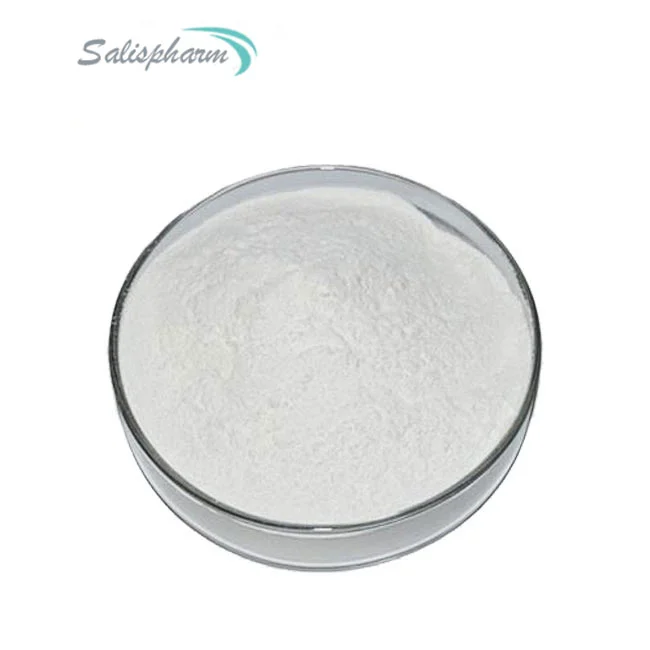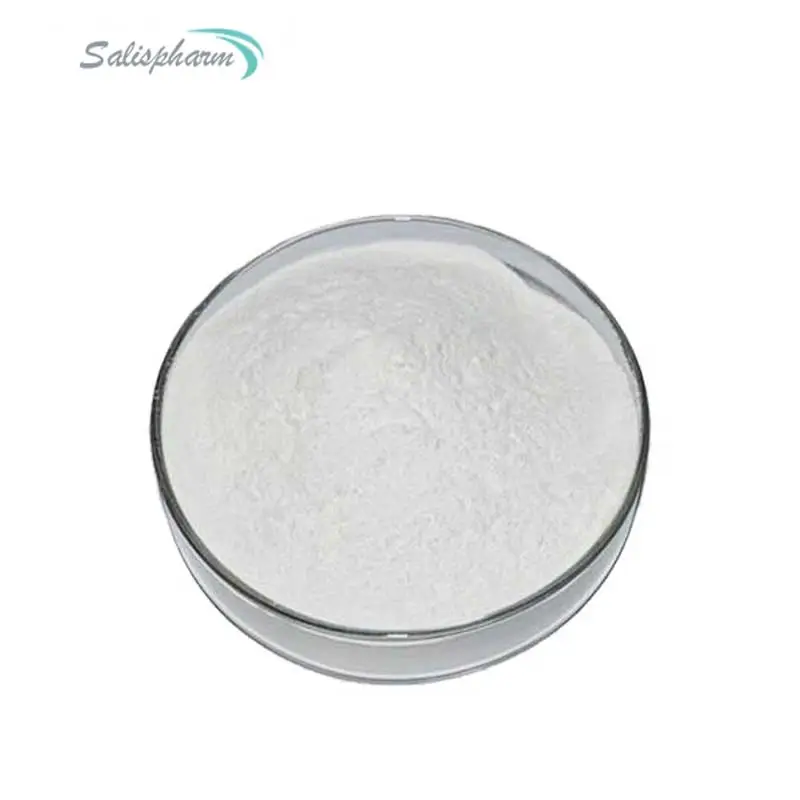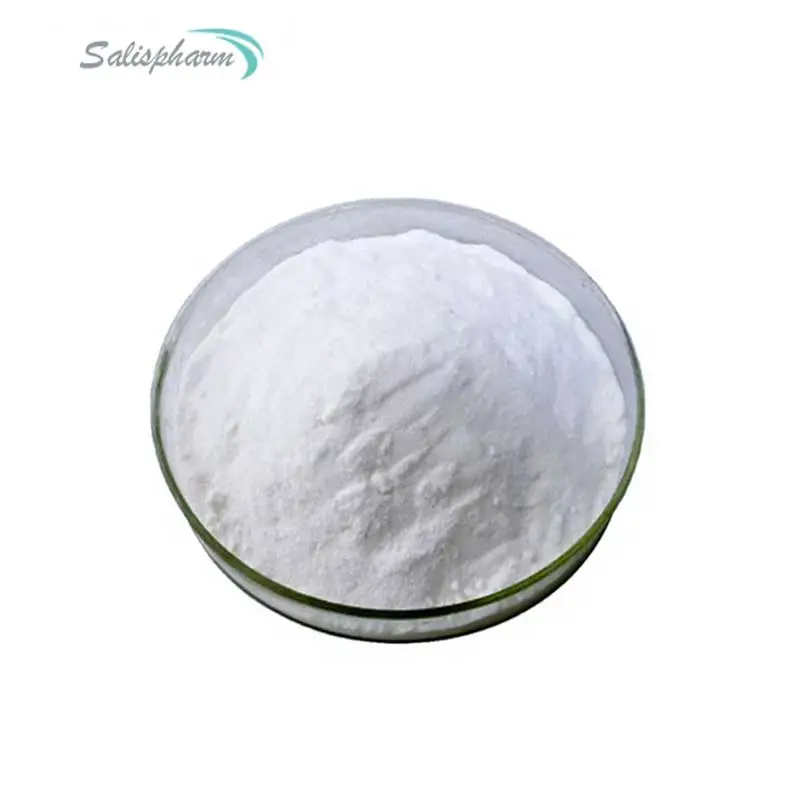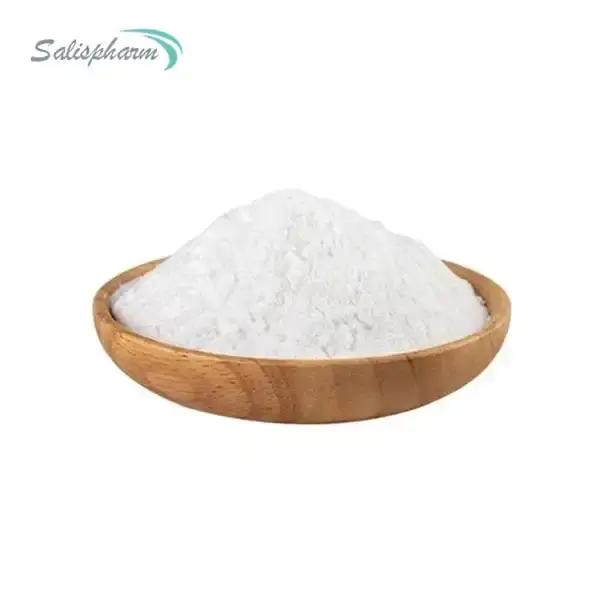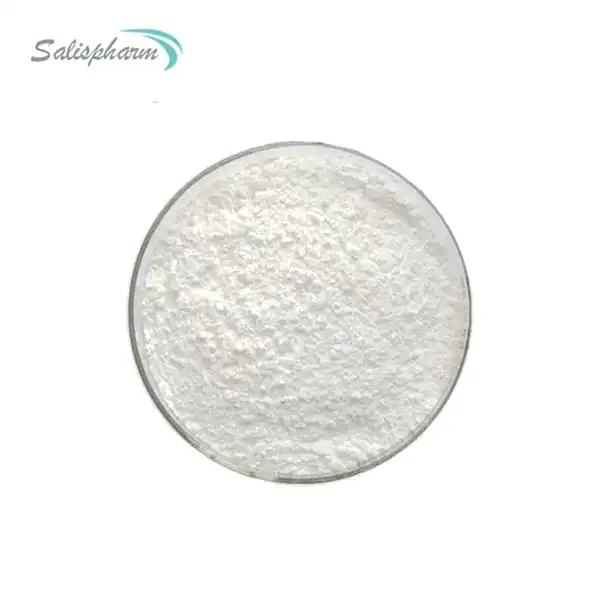Acyclovir is an antiviral medication primarily used to treat infections caused by the herpes viruses, including genital herpes, chickenpox, and shingles. It comes in various forms such as tablets, capsules, and powder. One common question that arises is whether the Acyclovir Powder of acyclovir can be dissolved in water. This blog post will explore this topic in detail.
What is Acyclovir Powder Used For?
Acyclovir powder is a concentrated form of the medication, typically utilized in clinical settings or compounding pharmacies to prepare liquid formulations or adjust dosages based on individual patient needs. It may be used to create acyclovir suspensions for patients who have difficulty swallowing tablets or capsules, or for those requiring precise dosing adjustments.
The powdered form offers flexibility in administration and can be mixed with suitable liquids or incorporated into various pharmaceutical preparations. However, it is crucial to follow proper handling and preparation guidelines to ensure accurate dosing and maintain the drug's stability and efficacy.
How Do You Dissolve Acyclovir Powder?
Dissolving acyclovir powder in water or other compatible liquids requires following specific instructions and guidelines provided by healthcare professionals or the manufacturer. Here are some general steps for dissolving acyclovir powder:
1. Obtain the prescribed amount of acyclovir powder from a licensed pharmacy or healthcare facility.
2. Use purified or sterile water as the diluent, unless otherwise instructed by your healthcare provider.
3. Measure the precise amount of water required for the desired concentration, as specified in the instructions.
4. Gradually add the acyclovir powder to the water while stirring continuously to ensure complete dissolution.
5. Some formulations may require additional steps, such as heating or adjusting the pH, to facilitate dissolution or maintain stability.
6. Once dissolved, the resulting solution should be clear and free of particulates.
It is essential to follow the instructions carefully, as improper preparation or handling could affect the drug's potency, stability, and therapeutic effectiveness.
Specific Considerations for Dissolving Acyclovir Powder
When dissolving acyclovir powder, there are several important factors to consider:
1. Water Quality: The quality of the water used for dissolution is crucial. Purified or sterile water is recommended to ensure that the solution remains free from contaminants that could potentially degrade the drug or introduce impurities.
2. pH Adjustment: Acyclovir is a weakly basic compound, and its solubility can be influenced by pH. In some cases, it may be necessary to adjust the pH of the solution to enhance dissolution or maintain stability. This is typically done by adding appropriate buffering agents or acids/bases, as directed by the manufacturer or healthcare professional.
3. Temperature: The solubility of acyclovir can be affected by temperature. In some instances, gentle heating may be required to facilitate complete dissolution. However, excessive heat should be avoided as it could potentially degrade the drug or alter its chemical properties.
4. Stirring and Agitation: Proper mixing and agitation during the dissolution process are essential to ensure that the acyclovir powder is evenly distributed and fully dissolved in the solution. Inadequate stirring may result in undissolved particles or uneven concentration throughout the solution.
5. Compatibility with Other Ingredients: If the acyclovir solution is intended to be combined with other medications or excipients, it is crucial to verify their compatibility to avoid potential interactions, precipitation, or degradation of the active ingredient.
Is It Safe to Dissolve Acyclovir Powder in Water?
Dissolving acyclovir powder in water is generally considered safe when done under the guidance of a healthcare professional and following proper protocols. However, there are a few important considerations:
1. Sterility: Ensure that the water used for dissolution is sterile or purified to prevent contamination and maintain the solution's integrity.
2. Compatibility: Some diluents or liquids may not be compatible with acyclovir powder and could affect its stability or efficacy.
3. Dosing accuracy: Precise measurements of both the powder and the diluent are crucial to ensure accurate dosing.
4. Storage conditions: Once dissolved, the acyclovir solution may have a limited shelf life and should be stored according to the manufacturer's instructions.
It is recommended to consult with a healthcare professional, such as a pharmacist or a doctor, for specific instructions and guidance on dissolving and administering acyclovir powder safely and effectively.
Potential Applications and Use Cases
The ability to dissolve acyclovir powder in water or other suitable liquids offers several potential applications and use cases:
1. Pediatric Dosing: Children often have difficulty swallowing tablets or capsules, making liquid formulations more convenient and palatable. Dissolving acyclovir powder allows for precise dosing based on the child's weight or age.
2. Geriatric or Dysphagia Patients: Elderly patients or those with swallowing difficulties (dysphagia) may benefit from liquid acyclovir formulations prepared from the powdered form, as they are easier to consume than solid dosage forms.
3. Intravenous Administration: In some clinical settings, acyclovir powder may be dissolved in compatible intravenous (IV) fluids for direct administration into the bloodstream, providing a more rapid and consistent absorption compared to oral formulations.
4. Compounding Pharmacies: Compounding pharmacies may use acyclovir powder to prepare customized dosage forms or formulations tailored to individual patient needs, such as topical creams, suspensions, or solutions with specific concentrations or flavors.
5. Research and Development: Acyclovir powder can be useful in pharmaceutical research and development settings, where it may be dissolved and used for various purposes, such as drug formulation studies, stability testing, or preclinical investigations.
It is important to note that the use of dissolved acyclovir powder should always be guided by a qualified healthcare professional, and appropriate handling, storage, and administration protocols should be followed to ensure patient safety and therapeutic efficacy.
If you are also interested in this product and want to know more product details, or want to know about other related products, please feel free to contact sasha_slsbio@aliyun.com.
References:
1. "Acyclovir Powder" - Drugs.com
2. "Acyclovir Intravenous: Uses, Side Effects, Interactions" - RxList
3. "Acyclovir Powder for Solution for Infusion" - EMC
4. "Acyclovir: An Updated Review of Its Antiviral Activity, Pharmacokinetic Properties and Therapeutic Efficacy" - Drugs
5. "Acyclovir Oral Solution" - DailyMed
6. "Stability of Acyclovir in Extemporaneously Prepared Oral Liquids" - International Journal of Pharmaceutical Compounding
7. "Acyclovir Suspension: pH-Solubility-Stability Behavior" - Journal of Pharmaceutical Sciences
8. "Acyclovir for Injection" - FDA
9. "Acyclovir Powder Formulation and Stability" - Journal of Pharmaceutical Sciences
10. "Acyclovir: A Review of Its Pharmacological Properties and Therapeutic Efficacy" - Drugs

